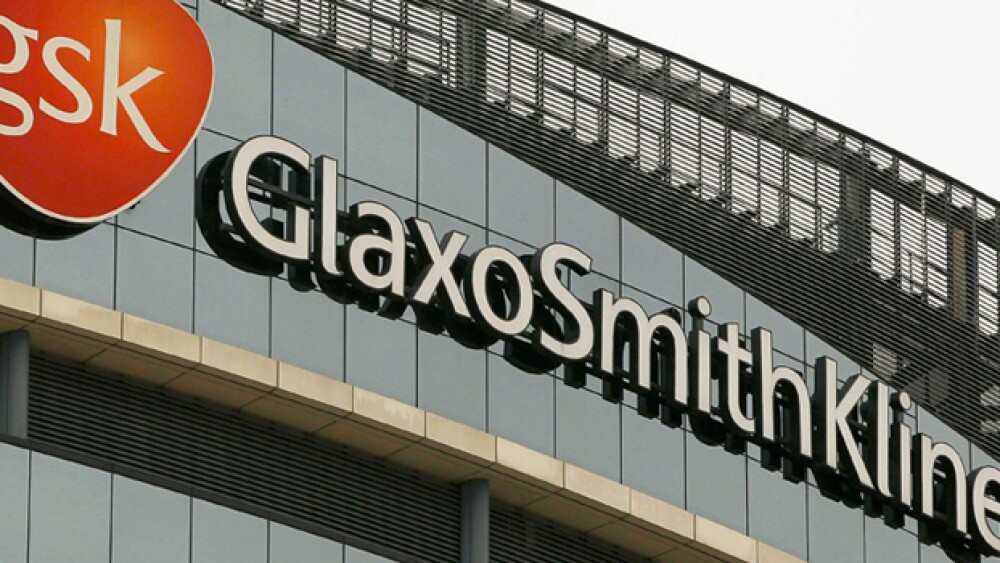HIV patients have a new maintenance drug in their arsenal of medication.
HIV patients have a new maintenance drug in their arsenal of medication. On Tuesday, the U.S. Food and Drug Administration approved Juluca, the first two-drug combination treatment developed by ViiV Healthcare and Janssen Pharmaceuticals, for maintenance treatment of HIV-1.
Unlike many HIV maintenance treatments that combine three or more drugs, Juluca is the first two-drug regimen approved for use. Juluca combines ViiV’s dolutegravir, an integrase strand transfer inhibitor and Janssen’s rilpivirine, a non-nucleoside reverse transcriptase inhibitor. The use of a two-drug regimen is something that many healthcare experts believe could reduce toxicity in patients.
“The FDA approval of Juluca marks an important milestone in our commitment to deliver innovative advances in HIV care by providing new treatment options that challenge the traditional approach to care. This is the start of a new era in HIV treatment,” ViiV Chief Executive Officer Deborah Waterhouse said in a statement. “We are delighted to be able to provide the first 2-drug regimen to physicians and people living with HIV in the U.S., to support the reduction of long-term ART exposure as they receive life-long treatment for their chronic condition.”
According to the U.S. Centers for Disease Control and Prevention there are approximately 1.1 million people in the United States who have HIV, a disease that weakens a person’s immune system by destroying important cells that fight disease and infection.
ViiV, which is primarily owned by GlaxoSmithKline, partnered with Janssen Pharmaceuticals for the development of the drug. Janssen will market the drug in the United States as Edurant. The two companies formed their partnership in 2014. ViiV Healthcare has also submitted regulatory marketing applications in Europe, Canada, Australia and Switzerland.
The FDA’s decision to approve Juluca was based on two Phase III studies that demonstrated the two drug combination “achieved non-inferior viral suppression” at 48 weeks compared with a three- or four-drug regimen. Reaching and maintaining suppression of viral load is a key treatment goal for people living with HIV. Virologic suppression rates were similar between treatment arms, ViiV said. The Phase III included more than one thousand patients who previously achieved stable viral suppression for at least six months on other antiretroviral regimens and had no history of virologic failure or known resistance to dolutegravir or rilpivirine.
In its announcement, Janssen said the two trials are ongoing with a plan to continue them through 148 weeks in order to gain additional long-term data, which will be presented at upcoming medical congresses.
John C Pottage, Jr, ViiV’s chief scientific and medical officer, said the two-drug regimen was developed on the principle that no one should have to take more medicines than necessary. Juluca provides HIV patients who are virologically suppressed the option to “reduce the number of antiretrovirals they take, while maintaining the efficacy of a traditional three-drug regimen,” Pottage said in a statement.





